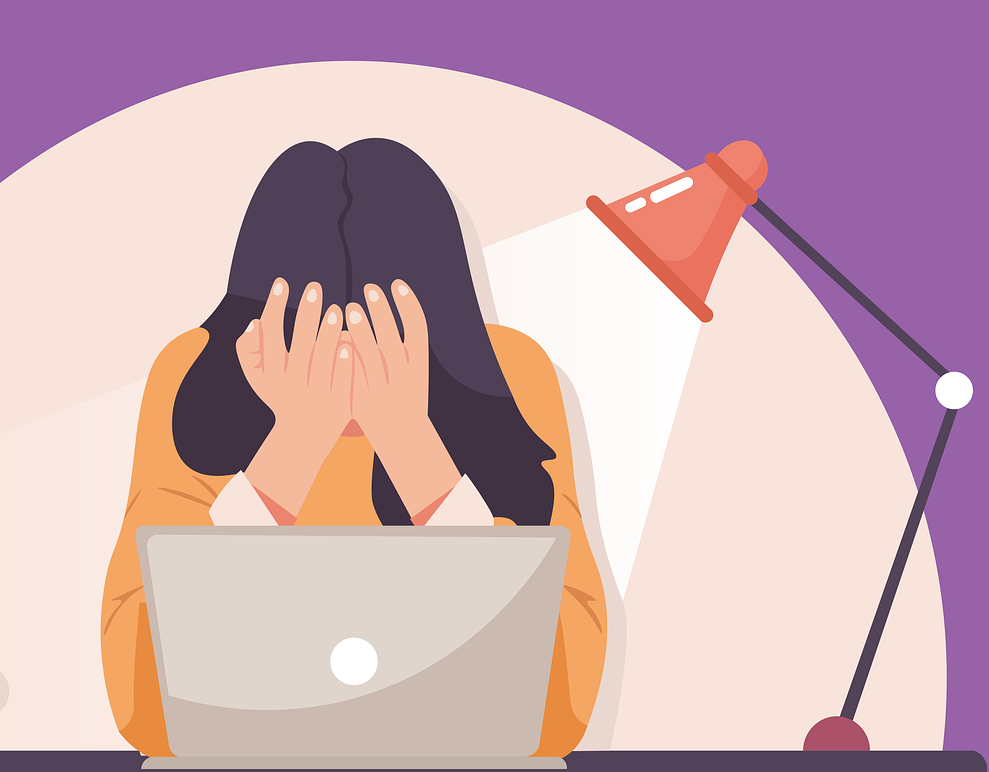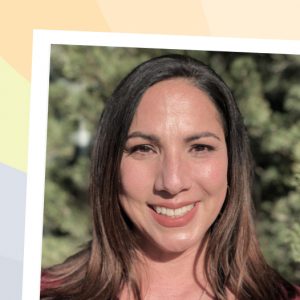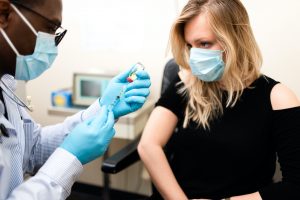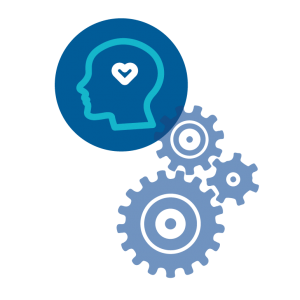Children’s Health Council Awarded $2.5 Million to Provide COVID-19 Mental Health Crisis Recovery by Jack Dorsey’s #StartSmall Initiative
 Twitter and Square Co-founder and CEO Jack Dorsey has awarded Children’s Health Council (CHC) $2.5 million to support the Bay Area agency’s COVID-19 Crisis Recovery Initiative to build capacity to respond to the mental health needs of children, teens, young adults and families that have been exacerbated by the pandemic. Read more ›
Twitter and Square Co-founder and CEO Jack Dorsey has awarded Children’s Health Council (CHC) $2.5 million to support the Bay Area agency’s COVID-19 Crisis Recovery Initiative to build capacity to respond to the mental health needs of children, teens, young adults and families that have been exacerbated by the pandemic. Read more ›


 Nine months into the global pandemic, Riley Capuano told a grid of faces on a Zoom screen why she and her peers needed schools to reopen.
Nine months into the global pandemic, Riley Capuano told a grid of faces on a Zoom screen why she and her peers needed schools to reopen.
 COVID has altered almost every aspect of our lives, and the effects of this cumulative and prolonged stress response can affect our brain size, structure and functioning.
COVID has altered almost every aspect of our lives, and the effects of this cumulative and prolonged stress response can affect our brain size, structure and functioning.

 Dialectical Behavior Therapy (DBT) is a type of cognitive-behavioral therapy. DBT was originally developed in the 1980s by Marsha Linehan, a psychologist at the University of Washington.
Dialectical Behavior Therapy (DBT) is a type of cognitive-behavioral therapy. DBT was originally developed in the 1980s by Marsha Linehan, a psychologist at the University of Washington.
 COVID has left us sheltered-in-place, second-guessing every decision, cut off from friends and family, with plans completely out of our control for nearly a year. We’re exhausted, anxious, depressed, lonely and exasperated. Our kids slump over their screens while teachers bend over backwards to keep them educated and engaged. Our weekend calendars stare back at us, blankly. But now there is hope. As vaccines make their way into the world, we can start to imagine a life beyond our 6-foot radius.
COVID has left us sheltered-in-place, second-guessing every decision, cut off from friends and family, with plans completely out of our control for nearly a year. We’re exhausted, anxious, depressed, lonely and exasperated. Our kids slump over their screens while teachers bend over backwards to keep them educated and engaged. Our weekend calendars stare back at us, blankly. But now there is hope. As vaccines make their way into the world, we can start to imagine a life beyond our 6-foot radius.  Let’s face it. Life can be painful. While we can’t avoid pain, our resistance to accept reality only exacerbates our suffering. In this podcast episode, we sat down with
Let’s face it. Life can be painful. While we can’t avoid pain, our resistance to accept reality only exacerbates our suffering. In this podcast episode, we sat down with 
 Dialectical Behavior Therapy (DBT) focuses on teaching people strategies to help them live their best and most productive life. DBT is often used to help people with depression, anxiety, borderline personality disorders, addictions, eating disorder, and PTSD.
Dialectical Behavior Therapy (DBT) focuses on teaching people strategies to help them live their best and most productive life. DBT is often used to help people with depression, anxiety, borderline personality disorders, addictions, eating disorder, and PTSD. 
 When we try to grasp for “a false sense of control” or fight against situations/emotions that we cannot change, this often leads to suffering. While there are certainly situations or circumstances in life that are within our control, often there are times when we simply are unable to change the reality of a situation.
When we try to grasp for “a false sense of control” or fight against situations/emotions that we cannot change, this often leads to suffering. While there are certainly situations or circumstances in life that are within our control, often there are times when we simply are unable to change the reality of a situation. 
 Conditions such as loud noise and few trees in neighborhoods seem to affect how much sleep adolescents get, according to a study in the journal Sleep. In a second study, researchers measured young people’s brainwaves to observe the troublesome effects of sleep loss on memory and cognitive function.
Conditions such as loud noise and few trees in neighborhoods seem to affect how much sleep adolescents get, according to a study in the journal Sleep. In a second study, researchers measured young people’s brainwaves to observe the troublesome effects of sleep loss on memory and cognitive function. 

